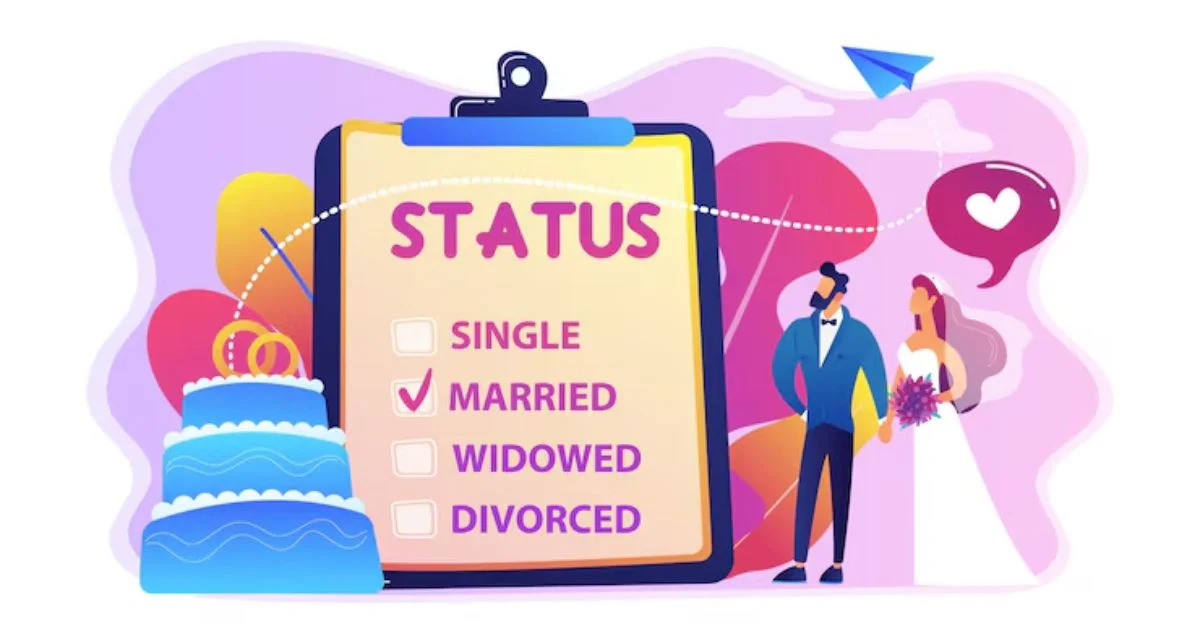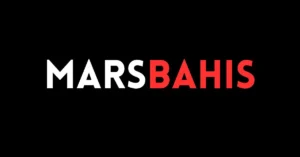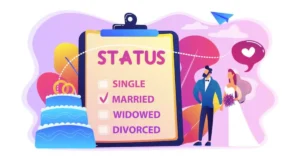In today’s digital-first society, trust is more complicated than ever—especially when it comes to choosing a life partner. Matrimonial background checks, once a niche concept, are now a critical step for many individuals and families seeking security, transparency, and peace of mind before tying the knot. This comprehensive guide dives deep into what matrimonial background checks are, why they matter, and how they can redefine the modern marriage process by addressing social, legal, and emotional factors.
Matrimonial background checks are not about skepticism. They’re about informed choices. These checks empower individuals by revealing relevant facts—employment status, financial liabilities, criminal records, marital history, and even behavioral patterns—helping to build a relationship rooted in honesty and shared understanding.
What is a Matrimonial Background Check?
A matrimonial background check is a detailed investigation into the personal, professional, and social life of a potential spouse. While traditionally performed by families in informal ways—via community gossip or through personal inquiries—the process has evolved significantly.
Modern matrimonial checks utilize official databases, social media footprints, legal documents, financial reports, and even psychological assessments. These checks are often carried out by specialized agencies or legal professionals and can be tailored based on cultural, legal, and personal priorities.
READ MORE: How FintechZoom.com Covers Bitcoin Mining in Depth
Why Are Matrimonial Background Checks Gaining Popularity?
The increase in online matchmaking and long-distance relationships has introduced new layers of complexity. Today, it’s not uncommon for couples to meet on dating or matrimonial apps without ever having common social networks. In such settings, verifying a partner’s claims becomes crucial.
Here are some key reasons these checks are gaining traction:
- Increased Instances of Fraud: Fake identities, concealed marriages, and financial scams are no longer rare.
- NRI Marriages: Cross-border marriages come with jurisdictional challenges; a thorough check ensures legal and cultural transparency.
- Women’s Empowerment: With increased awareness and independence, women are increasingly insisting on due diligence.
- Mental Health and Compatibility Concerns: Families want insights into psychological wellbeing and past behavior patterns to ensure stability.
Elements Covered in a Comprehensive Background Check
A truly effective matrimonial background check covers multiple domains:
1. Personal Identity Verification
- Full name, age, and photograph consistency
- Verification of date of birth and educational qualifications
- Legal name changes or aliases, if any
2. Professional Status and Income Verification
- Employment history and current workplace validation
- Designation and role authenticity
- Monthly or annual income, if declared
3. Financial Background
- Loan defaults or major outstanding debts
- Credit card dues, credit rating if available
- Hidden financial commitments or bankruptcies
4. Criminal Record and Legal History
- Past or pending criminal cases
- Litigations involving property disputes or fraud
- Domestic violence cases or restraining orders
5. Marital History
- Prior marriages or engagements
- Divorce decrees and legal settlements
- Children from previous relationships
6. Health and Mental Wellness
- Major illnesses that affect quality of life
- Hereditary diseases
- History of psychiatric treatment or addiction
7. Social Behavior and Lifestyle
- Habits such as smoking, drinking, or drug use
- Social media behavior and digital footprint
- Reputation among friends, colleagues, and neighbors
8. Family Background
- Family reputation and socio-economic standing
- Known conflicts or criminal cases in the family
- History of hereditary illnesses or behavioral patterns
The Role of Technology in Matrimonial Screening
Technology has revolutionized matrimonial background checks. Unlike traditional methods, AI and machine learning can now sift through enormous amounts of digital data in real time.
- Big Data Analysis helps in identifying patterns that may signal red flags
- Facial Recognition Software matches online profiles with official records
- Social Listening Tools monitor social media and public forums
- Database Integration allows access to government, employment, and legal systems
These tools make the background check more accurate, faster, and less biased than word-of-mouth assessments.
Cultural Sensitivities and Ethical Considerations
Matrimonial background checks often walk a fine line between security and privacy. While they are crucial for personal safety, especially for women, ethical issues must be carefully navigated.
- Consent: It’s best if both parties are aware and agree to undergo checks.
- Confidentiality: Findings should be shared only with concerned individuals.
- Scope Limitation: Unnecessary deep dives into private details should be avoided unless directly relevant.
- Avoiding Bias: Checks should not reinforce caste, race, or economic prejudices.
How to Conduct a Matrimonial Background Check
There are typically three ways to go about it:
1. Do-It-Yourself (DIY)
This involves manually verifying information using:
- Social media profiles
- Google searches
- Alumni groups or employer contacts
Pros: Cost-effective
Cons: Limited reach, less reliable
2. Hire a Private Investigator
Many private investigators now specialize in matrimonial verifications.
Pros: Personalized and in-depth
Cons: Costly, potential privacy concerns
3. Use a Verified Background Check Service
Several companies provide packages tailored to matrimonial checks.
Pros: Legal compliance, accuracy, quick turnaround
Cons: May still need supplementary manual verification
When Should You Consider a Background Check?
Not every relationship requires a full-scale check. But it is advisable in the following scenarios:
- Online or App-based Matches
- Cross-cultural or Cross-border Marriages
- Significant Age Gaps
- Fast-tracked Arranged Marriages
- Discrepancies in Shared Information
Even in love marriages, if financial or emotional security is a concern, it’s perfectly acceptable to pursue a check discreetly.
Potential Red Flags to Watch Out For
While some discrepancies can be benign, others may signal deeper issues:
- Frequent job changes with no valid reason
- Reluctance to share personal or family details
- Overly curated social media presence
- Concealment of past relationships
- Financial instability without explanation
Spotting these early can prevent heartbreak or even legal complications down the line.
Benefits of a Matrimonial Background Check
The goal is not to suspect but to clarify and validate. Here’s what you gain:
| Benefit | Description |
|---|---|
| Transparency | Helps both parties enter marriage with clear expectations |
| Security | Reduces chances of fraud, abuse, and legal troubles |
| Empowerment | Especially supports women’s safety and autonomy |
| Compatibility Clarity | Uncovers potential lifestyle or value conflicts |
| Legal Validity | Helps in validating divorce documents or citizenship claims |
Common Misconceptions
- “It’s only needed for arranged marriages”
False. Love marriages can benefit equally, especially when personal networks are limited. - “It’s a sign of distrust”
Wrong. It’s a step toward mutual trust and openness. - “It’s intrusive and unethical”
Not if done legally and with informed consent. - “Only women’s backgrounds are checked”
A regressive mindset. Checks should be gender-neutral and equitable.
How to Handle Negative Findings
Discovering something concerning doesn’t automatically spell the end. Here’s how to manage the fallout:
- Open a Dialogue: Give the person a chance to explain.
- Consider the Context: Some issues may be old, resolved, or exaggerated.
- Involve a Mediator: A family elder or counselor can offer perspective.
- Make an Informed Choice: Use findings to support—not replace—your judgment.
READ MORE: WhyChoosePro.com: A Comprehensive Guide to Smarter Choices
Future of Matrimonial Background Checks
As relationships continue to evolve, so will the depth and scope of background verification. Here’s what lies ahead:
- Blockchain Records for immutable identity and marital status data
- Psychometric Profiling to assess compatibility
- AI-Powered Risk Scoring for better decision-making
- International Database Integration for global marriages
Conclusion
A marriage is not just an emotional commitment; it’s a partnership involving shared responsibilities, legal contracts, and lifelong consequences. While trust is the bedrock of any relationship, trust without verification in today’s world is increasingly risky. Matrimonial background checks offer a way to blend tradition with modern prudence—allowing love and logic to walk hand in hand. They are not about suspicion; they are about preparedness.
Whether you’re entering a relationship through family arrangements, a dating app, or an organic connection, a background check is your right—not your doubt. Use it wisely.
FAQs
1. Are matrimonial background checks legal?
Yes, as long as they are conducted through legal means and with appropriate consent, they are fully compliant with privacy laws.
2. How long does a background check typically take?
Basic checks can be completed in 2–5 business days, while more detailed reports may take up to two weeks.
3. What if I discover a criminal case during the check?
Evaluate the severity and relevance. Consult legal experts before making any decisions.
4. Do I need my partner’s permission for a background check?
Ethically, yes. While you can check public records without consent, it’s best to maintain transparency for a healthy relationship foundation.
5. Is it possible to do a check for someone living overseas?
Yes, many global agencies specialize in verifying NRI and cross-border matrimonial information through legal international databases.









